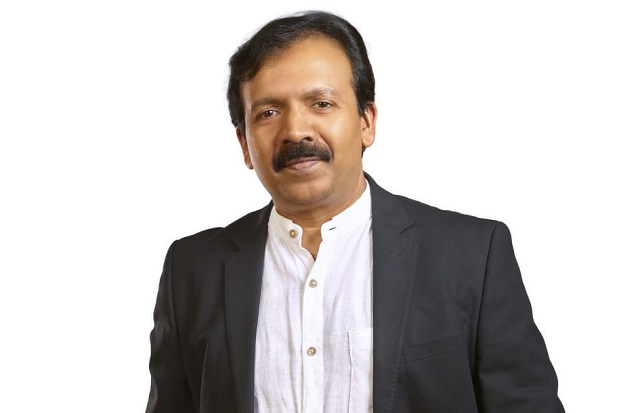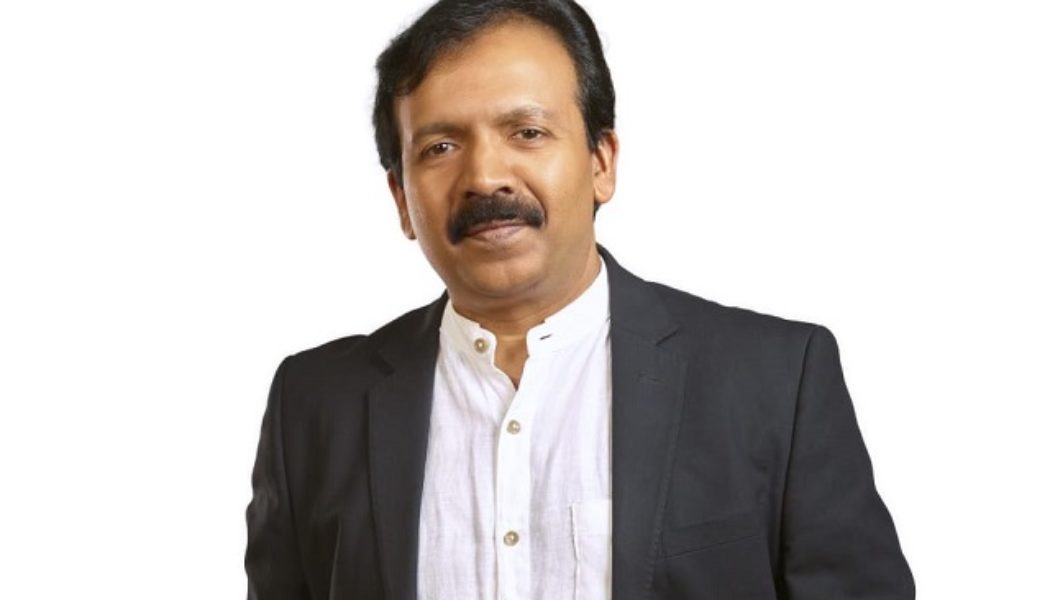
CXOToday has engaged in an exclusive interview with Sajeev Nair, Founder and Chairman, Vieroots Wellness Solutions
Vieroots mission is to help people to ‘Live Longer and Stay Younger’ how do you aim to achieve that goal?
Yes, our mission at Vieroots is helping people to live longer and stay younger. The first part of this – living longer – is really a function of how well you can overcome the all-cause mortality, which in this age is largely a function of how well you can steer clear of all the main killer diseases like type 2 diabetes, hypertension, cardiovascular diseases like heart disease & stroke, cancer, dementia, COPD and such conditions. Most people think that this is next to impossible as they tend to think that the occurrence of such diseases are random. But thanks to the advancements in genetics, we now know that there are specific genes that encode each of these diseases. People inherit such genes at birth from their parents and ancestors, but that doesn’t mean that they will surely develop these diseases during their lifetime. They may or may not, depending upon whether these hard coded disease risks in the genes – that are like loaded guns – will get expressed or triggered, and that in turn depends on several lifestyle factors like unhealthy diet, little to no exercise, sleep loss, stress etc. as well as environmental factors like pollution. This gives us a great opportunity to run genetic tests to assess each person’s genetic risks for developing hundreds of lifestyle diseases, and then formulate personalized and healthy lifestyle interventions that are designed to keep such diseases at bay. Such changes are called epigenetic lifestyle modifications, as they can overcome even genetic risks for diseases, and this is how Vieroots helps its clients to live longer. And this same process helps them to stay younger, because genetic screening and the personalized epigenetic lifestyle modifications based on it, that are designed to keep diseases at bay, work against the ageing process too at the cellular level, as both these pathways are more or less the same.
How does Vieroots utilise artificial intelligence in its geno-metabolic analysis to provide personalized lifestyle modification recommendations?
The raw genetic data from each person is enormous in itself, something that is not easily analysed using the traditional computing tools. Vieroots also employs a detailed metabolic assessment for each person, for making the disease risk detection near perfect, but this makes the process more challenging. And on top of this, the detected disease risks from this combined geno-metabolic analysis is matched with research-validated lifestyle modifications in diet, nutrition, supplements, exercise, yoga, meditation, breath work, sleep etc. to generate comprehensive and personalized lifestyle modifications for each person. For this our team of doctors, geneticists, dieticians, fitness trainers, yoga specialists and other lifestyle specialists take the help of artificial intelligence.
What makes the EPLIMO app stand out in terms of user experience and data security?
As you know, the market is flooded with health and wellness apps. Many of them are connected to wearables like smartwatches and fitness trackers too. Some of them claim to personalise their recommendations too. But truly personalised approaches have been nil or rare in most countries. This is because almost none of them are basing their lifestyle suggestions on each client’s genetic and metabolic data. This is where the EPLIMO app really adds value to the user, and stands out different in the user experience and impact. Coming to the data security aspect, EPLIMO app has been one of the first apps based on genetic data to get security approval for the iPhone, which speaks volumes for our data security standards.
Can you explain the significance of personalized approaches, such as geno-metabolic analysis and personalized lifestyle modifications, in the field of biohacking? How do these personalized approaches contribute to achieving the desired outcomes?
While biohacking is a broad field that includes research-validated lifestyle modifications to quantified self-tools to implantable chips, currently the most promising among these strategies is indeed lifestyle interventions. These can be generic or personalized changes in the lifestyle. While generic changes are healthy, there is a limit to their effectiveness as they are too broad like “eat healthier”, “exercise daily”, “sleep more” etc. From a biohacking angle, what we really need is a much more effective strategy based on our own body codes or DNA. Ideally they should be targeted for each person’s genetic and metabolic risks for developing specific diseases. Such epigenetic changes are also more practical and sustainable in the long run. Just to cite a quick example, while it is generally better to limit both sugar and salt in the diet, only people with a geno-metabolic risk for developing type 2 diabetes need to aggressively limit the sugar intake, and only people with a geno-metabolic risk for hypertension need to control salt in diet stringently. This makes the personalized diet plan in EPLIMO more practical, sustainable and likely to achieve the desired outcomes. When it comes to exercise too, personalized approaches score high as biohacks, as generic advice to jog or lift weights can often be harmful for some people with genetic risks for some heart conditions. Such persons too will have the desired outcomes if they follow EPLIMO’s personalised fitness plans that include walking, yoga, pilates etc.
Can you explain the concept of biohacking and its potential benefits for optimizing human biology and enhancing performance?
Biohacking is basically anything that helps a person achieve better physical and mental health, as well as achieve better lifespan, health span and productivity. True biohacks like personalized epigenetic lifestyle modifications are great performance enhancers too, as they improve a person’s endurance, stamina, energy, focus, motivation, memory, cognitive performance etc., and therefore their human potential, productivity and success. This is possible because personalized lifestyle modifications are based on each person’s genetic and metabolic traits or uniqueness, and hence they are capable of impacting the physiological and neurological processes at the cellular level in beneficial ways. For example, mitochondrial optimization and telomere protection are today possible biohacks through lifestyle interventions that target energy levels and longevity respectively at the cellular level.
Could you share some insights on the latest trends and innovations in biohacking? How are they contributing to the advancement of biohacking practices?
Without doubt, the greatest momentum in biohacking today is thanks to the wearables segment and the quantified self-tools it is enabling. Today, with just a smartwatch or fitness tracker, you can continuously track health metrics like blood pressure, heart rate, heart rate variability, oxygen saturation, blood glucose, steps taken etc. There are also apps that can import this data and give you meaningful inputs to improve your health. But definitely there is a limitation to such biohacks as they are not truly personalised at the genetic and metabolic level. Hence, eventually I am expecting personalized epigenetic biohacking systems like EPLIMO to gain acceptance. Another positive direction that biohacking is taking today is biohacking communities based on technologies like blockchain and metaverse. Limoverse, the pioneer in this segment, has pioneered HealthFi, a program that financially incentivises walking, running, jogging or any exercise that burns calories, by crediting Limo tokens into the users’ crypto wallets. Limoverse had also organised the World Biohack Summit 2023 on May 30 and 31, at Grand Hyatt, Dubai, which was also simultaneously hosted in Limo Valley, the metaverse of Limoverse.









